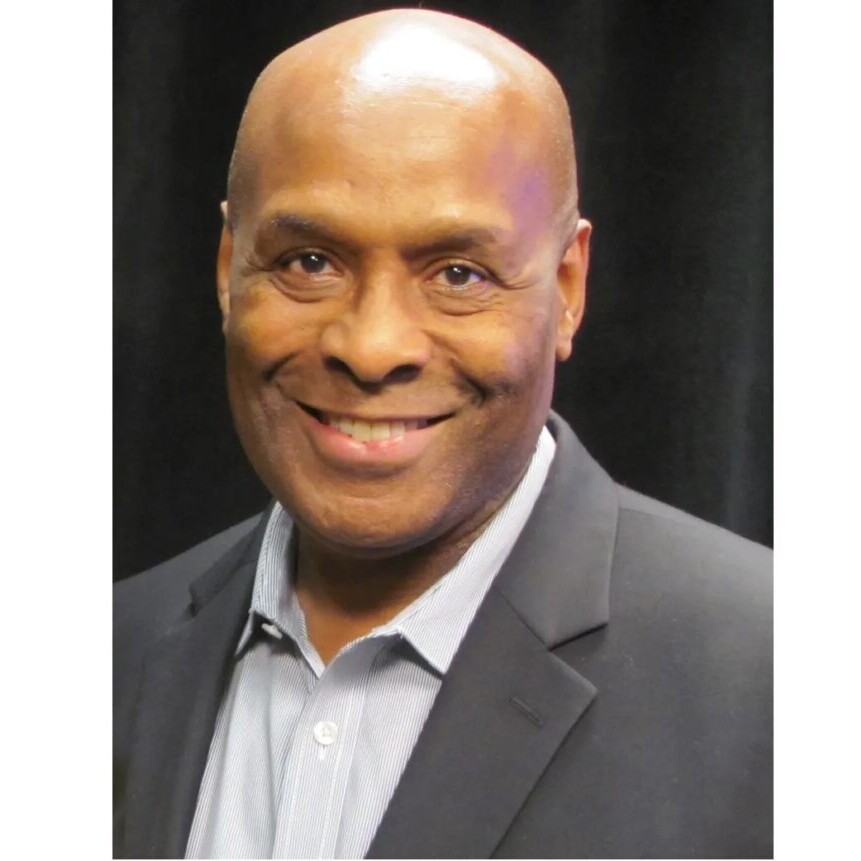Producer Thomas Robert Simpson, founder of San Francisco’s AfroSolo Theatre Company and creator of the AfroSolo Arts Festival, is doing something new for this year’s 31st showcase of solo African American performers.
The premiere of an artificial intelligence-generated film called “Little Jimmy Finally Reaches the Promised Land” he’ll create in collaboration with digital artist and programmer Hugh Leeman is among the events in the lineup at Potrero Stage on March 28-30.
Along with the film—a story of U.S. urban renewal programs seen through the eyes of an optimistic 6-year-old boy enthusiastic about changes coming to his lower-class African American neighborhood—the festival features vocalist Douglass Haynes singing spirituals accompanied by pianist Carl Blake and writers Libah Sheppard and Augustene Phillips reading their short stories.
The material doesn’t shy away from social and political themes. Phillips, in “Please Don’t Let That America Be America Again,” a response to Langston Hughes’ poem “Let America Be America Again,” describes her father’s experience as a sharecropper, and his difficult time making a living while being cheated by landowners.

Simpson calls it an “inspiring” piece based on experiences of the last century.
In his decades as a presenter—as well as producer, director, writer and performer—Simpson says he’s hewn to four principles: 1) provide a forum for Black artists; 2) give voice to the Black experience; 3) provide opportunities to share Black stories with the larger community; and 4) use those forums to show commonalities that Black people have with other cultures.
Recalling AfroSolo’s origin, Simpson conceived it 1991 as he watched the TV show “Thirtysomething,” an age he was quickly approaching.
“I decided to throw myself a birthday party,” he says. “I was taking an acting class on developing solo shows. I invited people to come and perform a solo act for my birthday. We had dancers, a violinist, a poet, singers, a drag queen, and a few others. I rented a beautiful space and catered an excellent meal. The following year, friends began to ask me, ‘What are you going to do for my birthday this year?’ I decided to have another performance party. That party also went well. Also, the following year, people asked me the same question. I threw another birthday party the next year, which was a big success. At that time, I began to think this might make a nice annual event. We had our first AfroSolo Arts Festival in 1994.”
Simpson, however, also is thinking about the festival’s future, and “eventually handing the reins off to someone else” in the next several years.
Meanwhile, although AI is new to AfroSolo this year, the use of 21st century technology is not.
“We have enjoyed streaming our performances for several years,” says Simpson, who grew fond “Zoom theater” in 2020-21: “People could stay home or wherever and still see, enjoy and experience our events. Also, streaming allowed people to see our performances around the country and the world.”
At the same time, he understands why some have not taken advantage of the format: “There are many reasons why artists and arts organizations are not as up on technical innovations as possible. One may be the cost. Another might be the learning curve it takes to integrate technology into the arts, and some people like working traditionally.”
Ultimately, Simpson is grateful for the company and the festival, and the fact that he can still produce both in San Francisco. Despite economic challenges, he finds the city artistically fertile
“Some realities make it difficult to live as an artist here,” he says. “The tricky part of living in San Francisco also includes the cost of housing. Plus, everything seems to be connected to the political climate locally and nationally. This is especially true, since diversity is not admired or promoted by the Republican Party. [Nevertheless], San Francisco is known for its diversity and willingness to experiment.”
“AfroSolo Arts Festival: Let Freedom Ring, Part 2” is at 7 p.m. March 28-29 and 3 p.m. March 30 at Potrero Stage, 1695 18th St., San Francisco and streaming. Tickets are free or pay-what-you-can to $35 at afrosolo.org.
Charles Lewis III is a San Francisco-born journalist and performing artist. He has written for the San Francisco Chronicle, KQED and more. Dodgy evidence of this can be found at The Thinking Man’s Idiot.wordpress.com.
The post 31st AfroSolo fest in SF features stories, song and premiere of AI-generated movie appeared first on Local News Matters.
